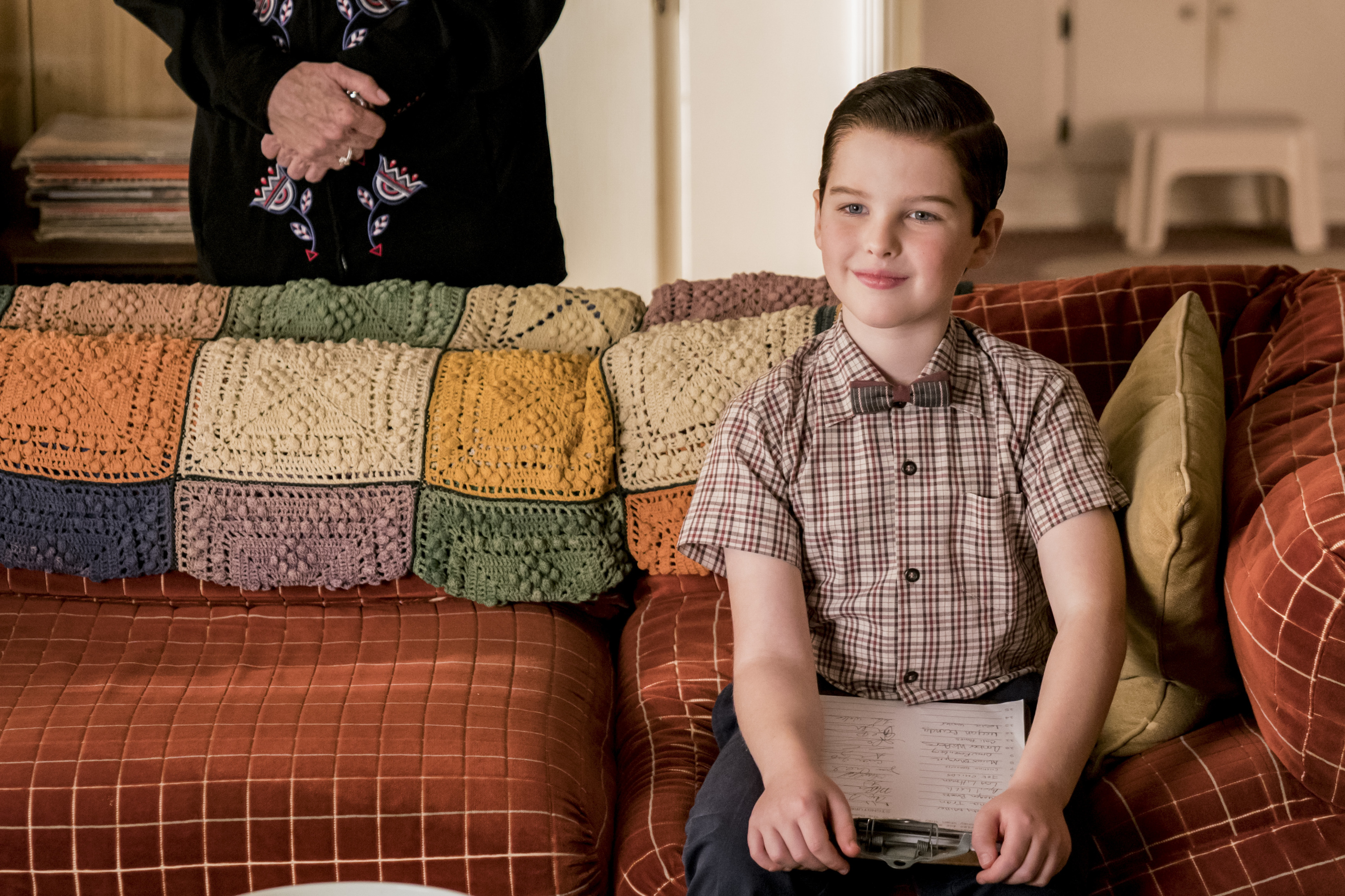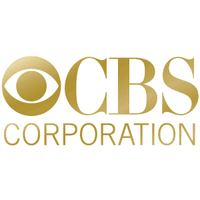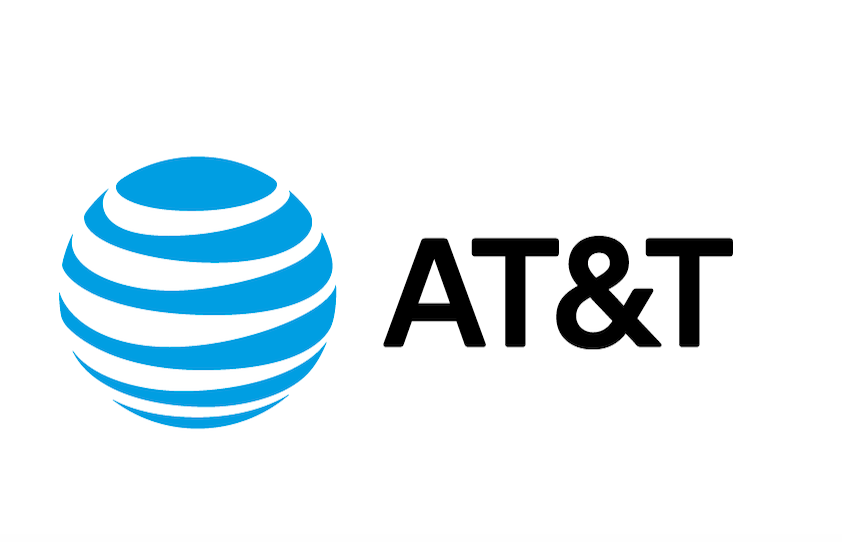CBS Warns of AT&T Blackout on July 19

The smarter way to stay on top of broadcasting and cable industry. Sign up below
You are now subscribed
Your newsletter sign-up was successful
CBS is warning viewers that its stations could be blacked out on AT&T’s DirecTV and Uverse pay-TV services on July 19 and that the network could be pulled from streaming service DirecTV Now because of a dispute over programming fees.

“CBS would like to avoid being dropped, but unless an agreement is reached, our viewers should be prepared for DirecTV and AT&T Uverse TV to remove CBS-owned television stations,” CBS said in a statement Tuesday.
AT&T is currently in a retransmission consent fee dispute with Nexstar that has resulted in about 120 stations being blacked out for nearly two weeks. The two sides are talking.

A number of smaller stations have been blacked out for about a month. AT&T has sued Max Retrans, which negotiates carriage deals for station groups.
“AT&T’s willingness to deprive its customers of valuable content has become routine over the last few weeks and months, and recent negotiations have regularly resulted in carriage disputes, blackouts and popular channels being removed from their service,” CBS said.
AT&T said it was "disappointed to see CBS put our customers into the middle of negotiations."
In a statement, AT&T said it is "on the side of customer choice and value and wants to keep the local CBS stations in 14 affected cities in our customers’ lineups. Our goal is always to deliver the content our customers want at a value that also makes sense to them. We continue to fight hard for that here and appreciate our customers’ patience while we work this out with CBS."
The smarter way to stay on top of broadcasting and cable industry. Sign up below
CBS’s owned stations are in New York, Los Angeles, Chicago, Philadelphia, Dallas, San Francisco, Boston, Atlanta, Tampa, Seattle, Detroit, Minneapolis, Miami, Denver, Sacramento, Pittsburgh and Baltimore.
AT&T later released another statement regarding its negotiations with CBS:
July 16 (Dallas and El Segundo, Calif.) – We are fighting on behalf of our customers in these negotiations with broadcast station owners and national networks. Customers today are demanding more value from their TV offerings. We must convince companies like CBS and Nexstar to accept the same call to action that our own TV customers have made clear.
Broadcast stations are the incumbents to our industry, and many feel they deserve certain entitlements. They continue to give their signals away for free but also demand unsustainably growing fees for allowing customers the convenience of receiving their channels in a usual program guide or without switching an input. Fees that local station owners like Nexstar and CBS charge distributors have just about doubled in the last five years, while primetime audiences for all of the major broadcast networks have fallen by roughly half, according to independent analysts like Nielsen and SNL Kagan.
The best producers have moved aggressively into the multichannel environment and streaming to escape broadcast network and local station restrictions. And even programmers like CBS are moving their most anticipated content off the national broadcast channel and into other alternatives. The talent goes elsewhere, the audiences follow, and yet stations refuse to evolve, shutting off the same communities they are licensed to serve. This year, broadcasters have caused more than 200 blackouts industry-wide, which is on a record one-year pace. That’s already a more than 20 percent jump over the 165 in 2018.
Make no mistake. We want the CBS owned-and-operated and Nexstar local stations in our lineups, and their multimillion dollar misinformation campaigns are a waste of everyone’s time, patience and frayed loyalties. We are dedicated to helping our customers with new innovative ways to access this same content, including a new product called Local Channel Connector that puts local signals into program guides of our DIRECTV customers with Genie receivers, or adding the new Locast app into all of our Genie and U-verse Internet-connected receivers so customers can stream their local stations. We continue to support Locast as it debuts in more cities, and the majority of homes affected by any potential CBS blackout will enjoy Locast capabilities. CBS also makes its shows available via the CBS All Access streaming service, typically with a free preview. Fans of stations affected by any CBS or Nexstar blackout can watch over the air, at the station websites, often at CBS.com or other network websites, and typically using the CBS and other Big Four network mobile apps.
There are ways to try to eliminate these blackouts, including new legislation, and fortunately Congress has taken more interest. But the best option is to create mutually beneficial relationships with broadcasters like CBS and Nexstar through good faith negotiations.
Our goal is simple: to deliver the content our customers want at a value that also makes sense to . We continue to fight for that here and appreciate our customers’ patience.
Jon has been business editor of Broadcasting+Cable since 2010. He focuses on revenue-generating activities, including advertising and distribution, as well as executive intrigue and merger and acquisition activity. Just about any story is fair game, if a dollar sign can make its way into the article. Before B+C, Jon covered the industry for TVWeek, Cable World, Electronic Media, Advertising Age and The New York Post. A native New Yorker, Jon is hiding in plain sight in the suburbs of Chicago.

